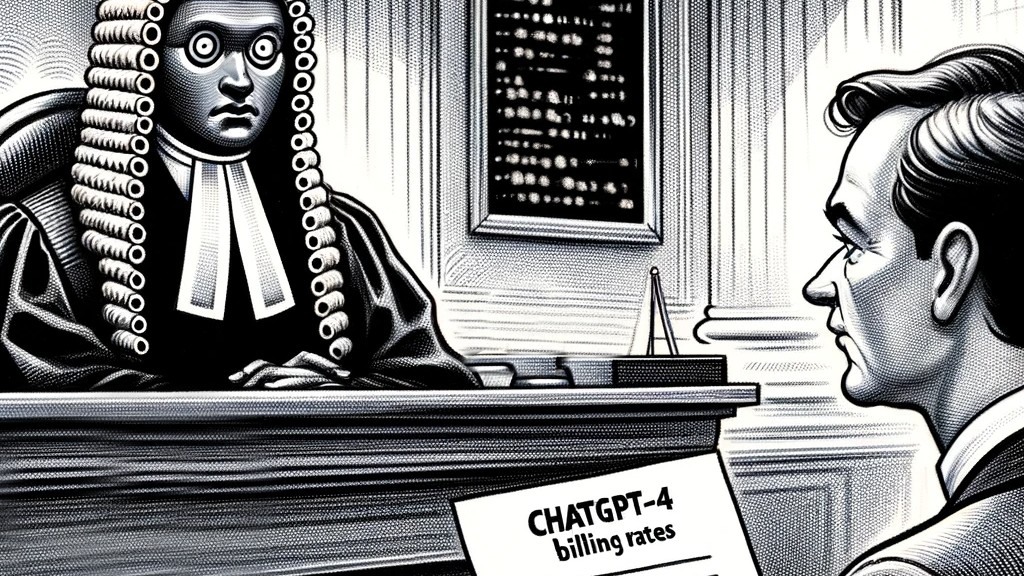
You may recall the case of Park v. Kim, wherein the Second Circuit excoriated an attorney for using ChatGPT to generate a brief that contained a bunch of fake cases. Well, the same lawyer responsible for that debacle has been found out again, this time in a case where she is the pro se litigant.
Plaintiff sued Delta Airlines for racial discrimination. She filed a motion for leave to amend her complaint, which the court denied. In discussing the denial, the court observed the following:
[T]he Court maintains serious concern that at least one of Plaintiff’s cited cases is non-existent and may have been a hallucinated product of generative artificial intelligence, particularly given Plaintiff’s recent history of similar conduct before the Second Circuit. See Park v. Kim, 91 F.4th 610, 612 (2d Cir. 2024) (“We separately address the conduct of Park’s counsel, Attorney Jae S. Lee. Lee’s reply brief in this case includes a citation to a non-existent case, which she admits she generated using the artificial intelligence tool ChatGPT.”).
In Park v. Kim, the court referred plaintiff for potential disciplinary action. The court in this case was more lenient, by just denying her motion for leave to amend, and eventually dismissing the case on summary judgment.
Jae Lee v. Delta Air Lines, Inc., 2024 WL 1230263 (E.D.N.Y. March 22, 2024)
See also:



